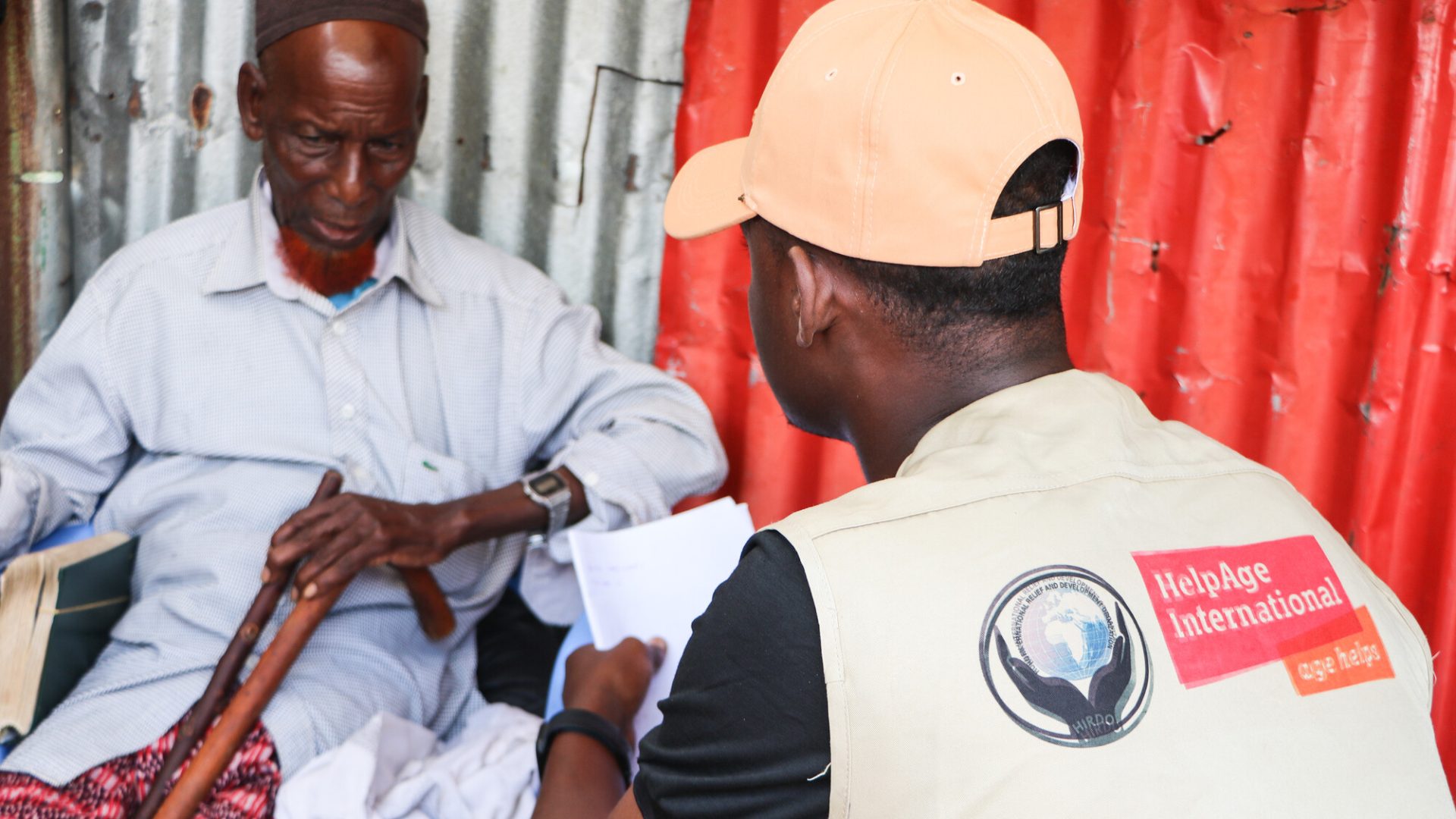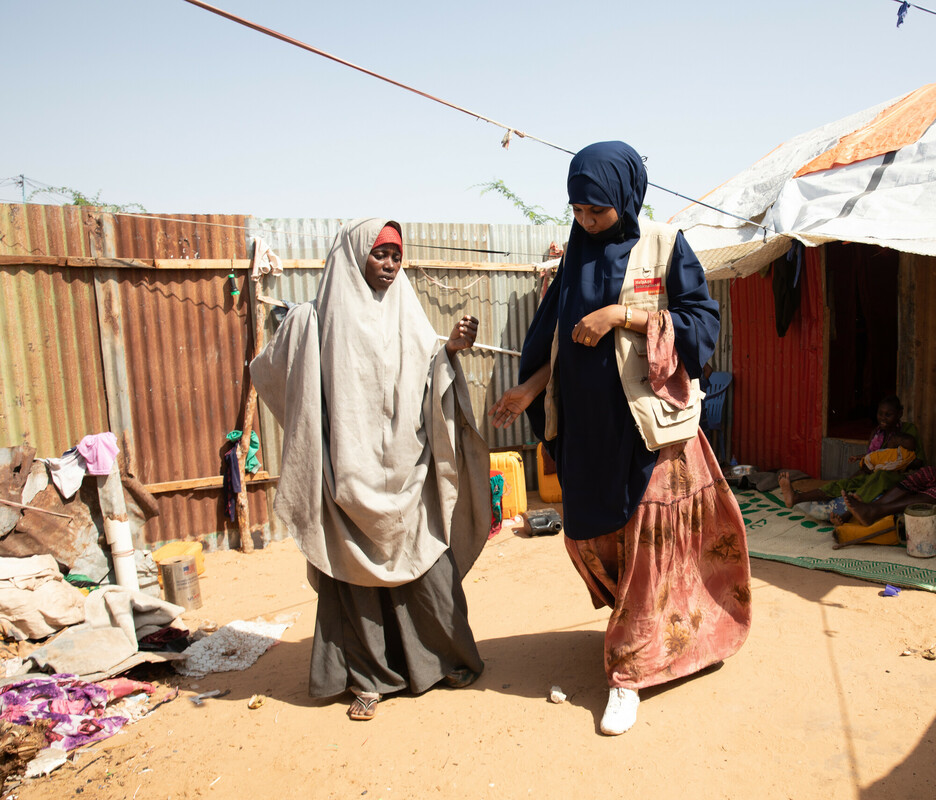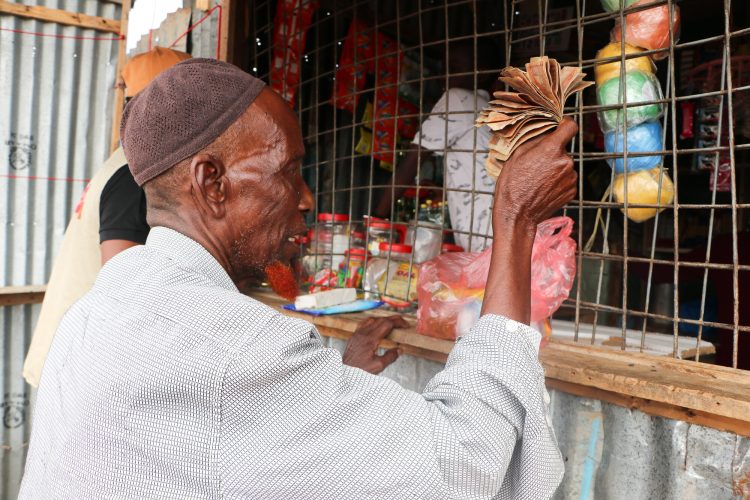On World Mental Health Day (10 October), we want to shine a spotlight on the mental health and psychosocial support needed by older refugees and internally displaced persons (IDPs) such as Abbas.
Refugees and IDPs often require mental health and psychosocial support due to the traumatic experiences they have endured, including war, violence, displacement, and loss. In order to prevent such events resulting in severe psychological distress, such as post-traumatic stress disorder (PTSD) and to promote mental well-being it is essential that appropriate mental health and psychosocial support is available.
In all of our humanitarian responses around the world, HelpAge provides mental health and psychosocial support to most at risk older refugees and IDPs with the aim of strengthening or rebuilding their resilience, helping them cope with the emotional and psychological impact of the crises and regain a sense of normalcy in their lives. This support also seeks to facilitate their integration into their host communities and therefore enhance their overall well-being.



